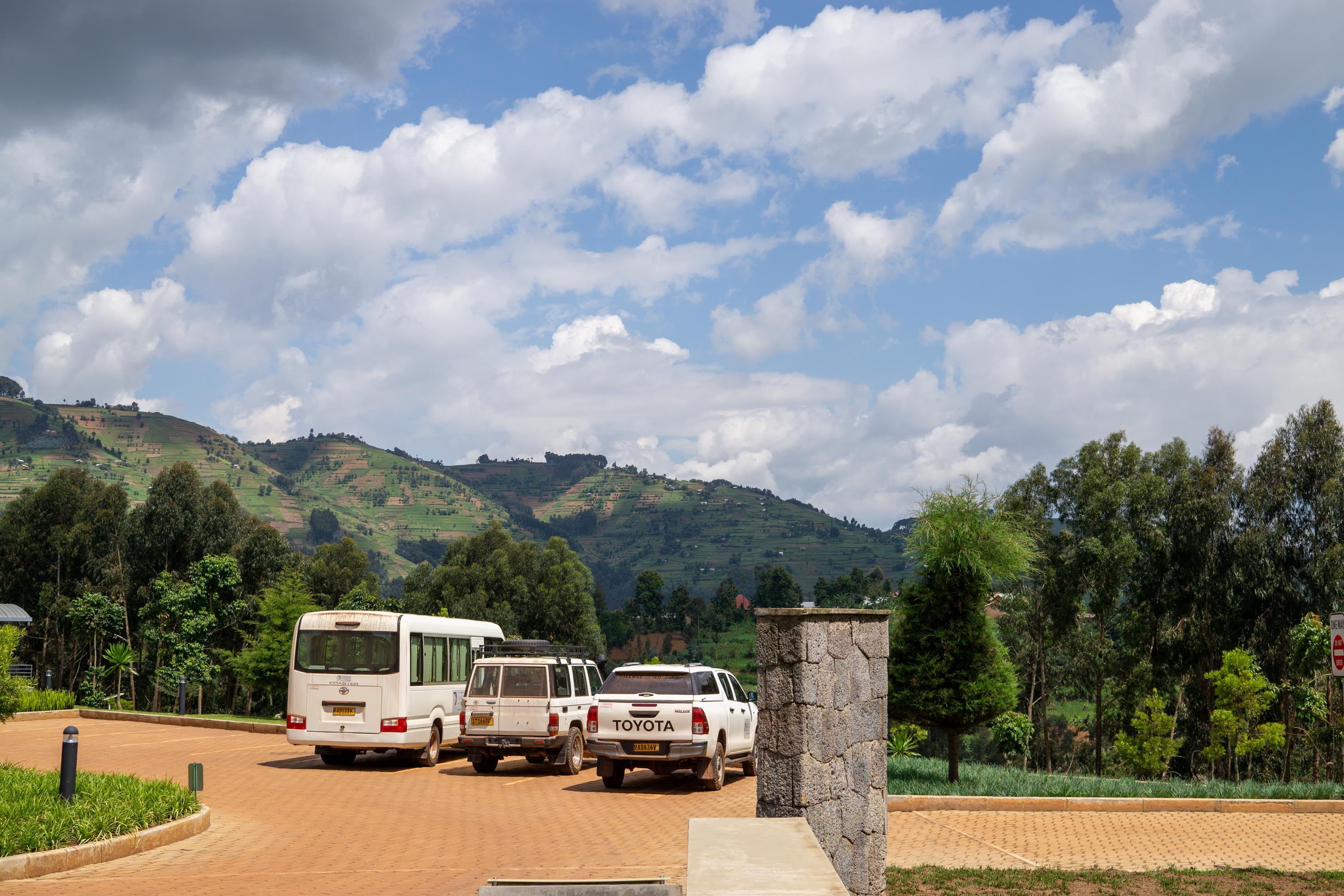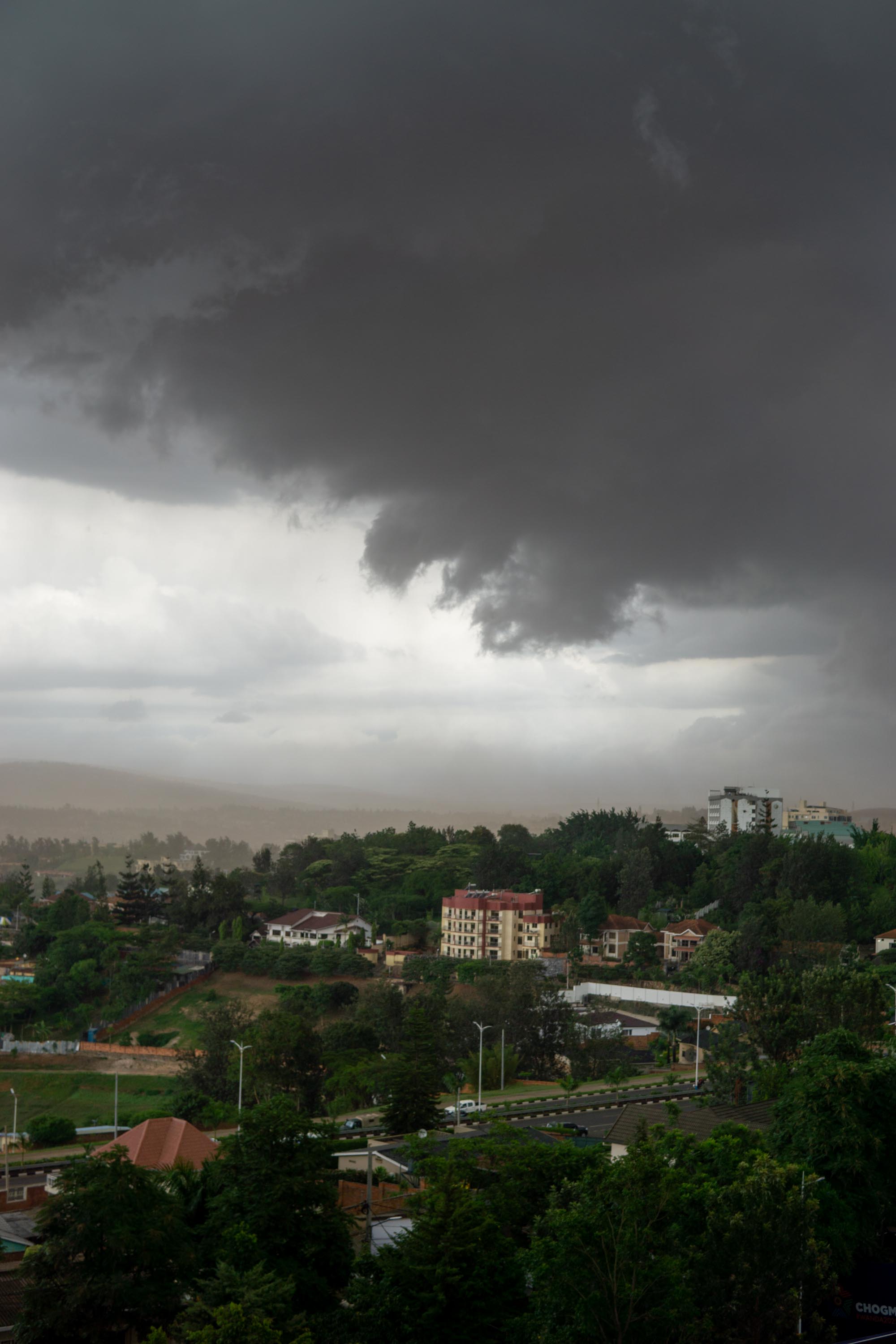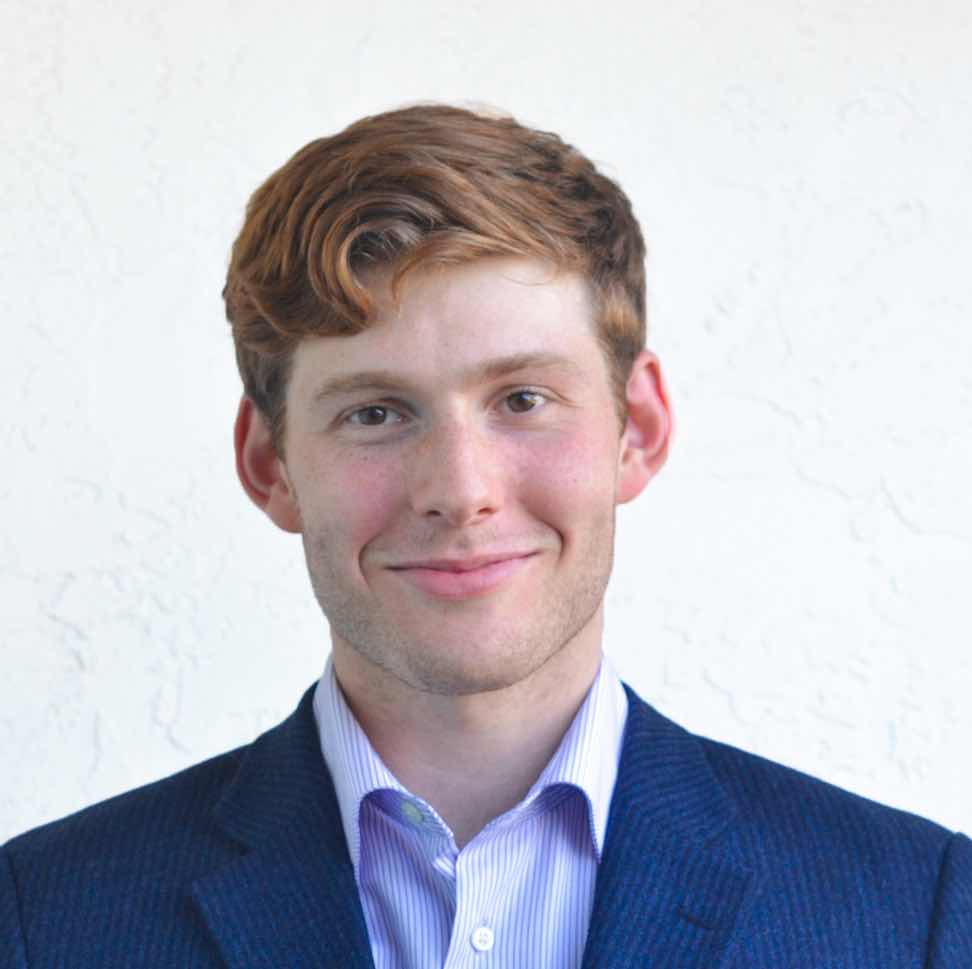Leaving IGHER (for now)

I’m leaving Kigali tomorrow and am, at the suggestion of some of the people I have been working with here, heading to South Africa. I’ll both provide somewhat of a summary of my activities while in Rwanda and some perspective on how my outlook has changed throughout my time here. I’ve spent the vast majority of my time in Kigali, working from an office thats perched on top of one of the hills, with occasional day trips to Butaro.
The potential to improve roads
The project I’ve started here is based on a relatively simple idea. That we need to have solutions and expansion plans for services which are context aware. Here is what I mean by this in the Rwandan context. Rwanda has a large late stage breast cancer burden, and this burden is likely under diagnosed by at least 200% (GLOBOCAN estimates vs. diagnosed cases). The vast majority (80%) of diagnosed cases are in stage III or IV. Treating late stage patients is more likely to be unsuccessful. The two papers that I dug into the most left a good number of questions unanswered:
- The primary study estimating the burden of breast cancer , written by Pace et. al. in 2015, presents a challenge for identifying what barriers exist, specifically what geographic barriers exist, since the sampled population already could access care.
- The only paper which I have found on geographic access, written by Fadelu et. al. this year, does a very good job of laying the framework for current levels of access, but their proposed model for expansion (adding tertiary cancer care to all hospitals) does not reflect the reality on the ground that such an intervention is not feasible in two key ways. Firstly it would be prohibitively expensive to build tertiary care centers everywhere.
Like many places, Rwanda has a recruitment problem, and for domestic oncologists, brain drain is a significant problem. Even if the country was able to pay physicians enough to stay in country, the domestic training problem would still exist. So there is an odd cycle it seems, Rwanda does not have enough oncologists (it currently has somewhere between 5-10) to meet patient demand, it does not have sufficient educational capacity to produce the oncologists that it needs, and the national insurance scheme cannot pay specialists enough to be competitive on a global scale. Thus there are not enough oncologists in the country to train more oncologists.
Thinking Bigger
I’m also impressed (maybe the wrong word for it) by the instability of the region and the complexity of the instability. I’m utterly unqualified to write on this subject, so I am not going to. I recommend Philip Gourevitch’s book,We Wish to Inform You That Tomorrow We Will Be Killed With Our Families to give background, albeit from an American perspective, of the current political situation in Rwanda. The Africa Center for Strategic Studies also published this explainer which I found quite informative.
Perhaps in response to this surrounding instability, everything in Rwanda seems to be orderly, almost to a fault. I was talking with one of my co-workers on the way back from Butaro and the topic of traffic tickets came up. There were five of us in the car, two Rwandans, a Kenyan, another American who had lived for 13 years in Botswana and Namibia. In Rwanda, the expectation is that you pay the ticket within three days of getting it and under no circumstances, should you attempt to give the officer a bribe. In the US, this is clearly also the expectation, but you might be encouraged to try and talk the officer out of giving you a ticket. In Kenya, I was told paying a bribe would be cheaper and easier than actually paying the ticket.
Why any/all of this matters?
I try to see the connections in this field across contexts. Traffic stops are a step towards a predictable bureaucracy and predictability is what Rwanda is betting on. Rwanda lacks the resources of its neighbors, it has neither Uganda’s oil nor the diamonds and gold of the Democratic Republic of the Congo. Consequently, part of its development strategy is to attract foreign investment to build a skilled service based economy. And stability is a necessary condition for such an economy. So getting back to the question of what do traffic stops have to do with healthcare? Having good healthcare is not just essential to Rwandans plan to build a skilled service economy, as education, health, and economic opportunity are generally well associated on a global scale (the US being a notable aberration). It is also one of the skilled services that Rwanda hopes to provide. Predictability is a step towards stability and education, but there is still a long way to go.

